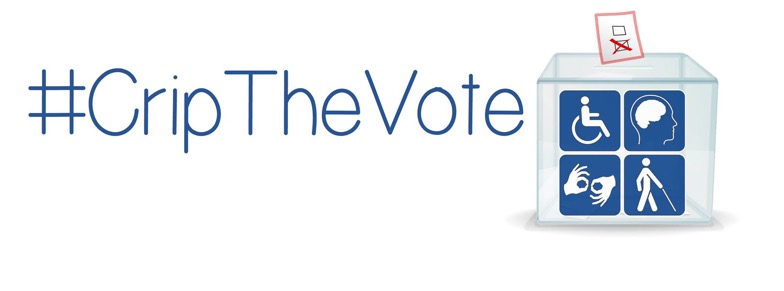Define Me
/What do people mean when they praise certain disabled people for "not letting their disabilities define them?" I think it usually means one or more of several things:
- They don't contemplate the "meaning" of their disabilities, either negatively or positively.
- They don't brood much over their disabilities and disability-related problems.
- They don't often talk about their disabilities, or explain their effects in detail.
- They do things that non-disabled people often don't associate with a conventional idea of "being disabled," like working, driving, or doing sports.
- They don't spend much time on disability activism, other than strictly necessary and prudent self-advocacy.
- They don't complain.
- They don't make a fuss.
- They can laugh at themselves and don't take themselves too seriously, especially in regard to their disabilities.
- They try their best not to bore or depress people with their problems.
- They try their best not to let other people feel bad about anything but the most hostile acts of disrespect or discrimination.
So, it seems to me that it isn't just ... or even primarily ... about how we actually think of ourselves. Underneath the expression, not allowing ourselves to be "defined by our disabilities" really means that we take care not to remind other people of our disabilities.
It's about not being a bother and not making people sad.
Now that I've said the biting, assertive thing, there's something else.
In my everyday life, I usually try to do all of these things, at least a little bit. I do not wish to go around confronting people about disability issues all the time. I don't want to be a bore, and I totally understand that to most non-disabled people disability issues are boring. I like being as self-sufficient as I can be. I take at least a little more than the usual pride in doing ordinary things like working, driving, and basically living as an adult.
But ...
Those are my choices. It's the way I want to be at this point in my life. And while I am sure I'm still influenced by social pressure and internalized ableism, I'm comfortable with a degree of conformity in how I deal with the world.
The key is that it’s my decision, and my self-worth doesn’t hinge on any of this. "Not letting your disability define you" becomes a problem when this respectable, "do-bee" formula for acceptance is the only recognized way of being an “admirable” disabled person. That's the hidden tyranny of being expected to not "let our disabilities define us,” because while a bit of normalcy is nice, assertiveness, political consciousness, and a sense of belonging to a community are also enormous mental assets.
So yes, I try not to allow my disabilities to define me in a bad way. I don’t want my disabilities to confine me or my conception of myself. But I gain strength out of realizing that my disabilities obviously do define me in part, no matter what I do. So I might as well embrace it.








